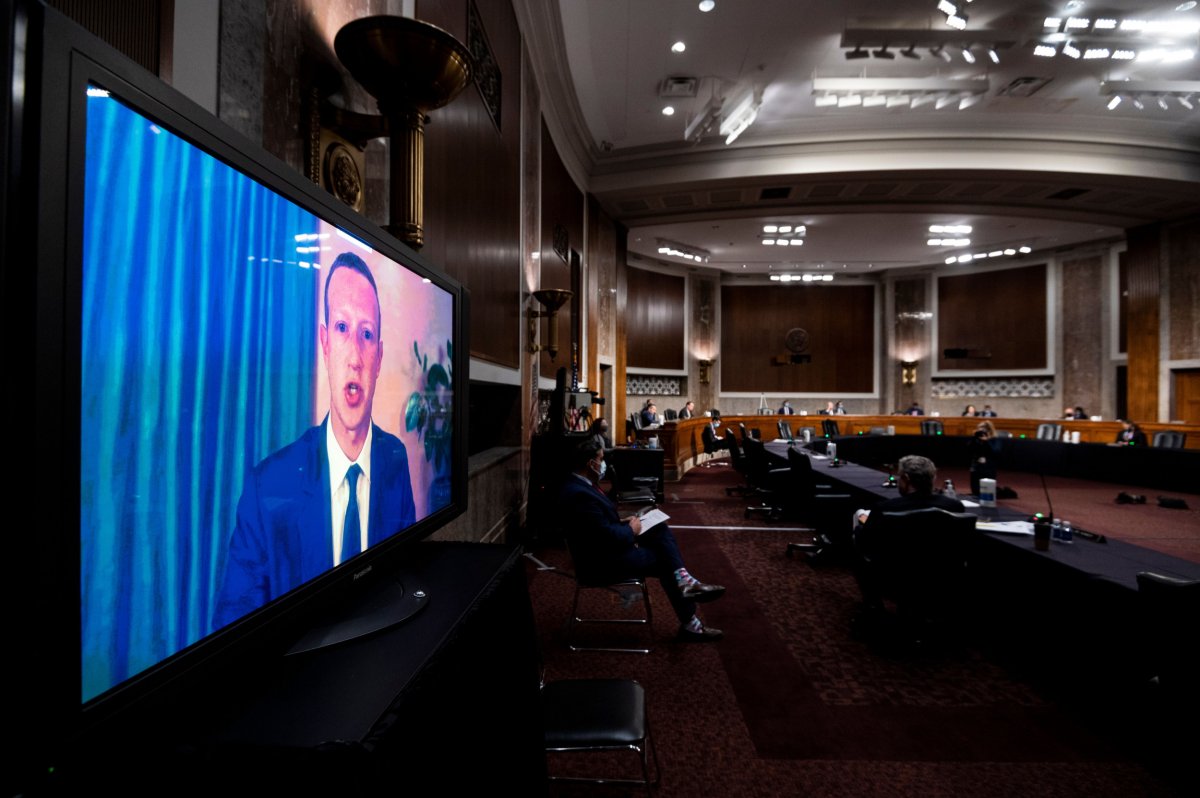Facebook casts a long, dark shadow across the startup scene. Its breakup by the Federal Trade Commission would serve the tech industry greatly, and create space for the next generation of tech firms. It would also ultimately be in Facebook's best interests, judging by the perpetual decline of Microsoft ever since it beat a similar FTC case in 2001.
Whereas tech startups once wanted to change the world—and many that I work with still do—too many founders now just want to build and sell (often to Facebook), for fear of being otherwise copied and muscled out (sometimes by Facebook).
Since its inception, Facebook has bought a total of 82 companies, including Lightbox.com, Instagram and Whatsapp. Its current offerings, which include functions for shopping, video conferencing and even at one point cryptocurrency, starves new players of the oxygen they need to grow.
Some in the startup scene are beginning to compare Mark Zuckerberg's strategy to Pablo Escobar's proposition of "plomo o plata," meaning "silver or lead." In Facebook's version, the firm will either buy the competitor off (silver), or will simply copy the competitor, eventually forcing it into an early grave (lead).
For example, when Snapchat refused Facebook's offer to buy it for $3 billion, Facebook simply imitated the core functionality of the competitor app, leading to a cliff-edge drop in both daily users and stock prices for Snapchat.
Every new entrepreneur is implicitly aware of Facebook's bargaining power, and the culture of innovation and ethics has been compromised as a result. While other tech hubs like China are developing the second generation of social media like TikTok, many U.S. investors are still looking for first-generation ideas that will make for an easy acquisition by Zuckerberg's firm.
Today, there is an influx of serial entrepreneurs who create products with the sole aim of being bought by Facebook. The "successful" startups—those lucky enough to get bought—have now become departments in what is now a bloated multinational company.
This goes against the American startup culture that has been built over the past two decades, with giants like Facebook falling in line with corporate America rather than driving innovation and leading the country into the future.

It is possible that, because of this intense digression, today's innovative startups may look elsewhere to drive innovation, taking the spirit out of the "hustle hard and fast" environment that created Silicon Valley. It is no wonder that China is emerging quickly as the next hub of innovation.
In China, the first generation of homegrown start-ups loosely followed a model of copying existing companies. Baidu, Didi Chuxing, and WeChat were the Google, Uber and Whatsapp of China, respectively. But now that model has been flipped on its head. As U.S. firms rush to emulate TikTok's success, we may be heading for our own future of copying.
Western entrepreneurs and investors are increasingly looking to Shenzhen and Shanghai for inspiration. TikTok's 800 million monthly users outside of China cannot be ignored.
And while the U.S. tech world has been held back by a first generation start-up that grew too big, the second generation of Chinese start-ups are here. While Silicon Valley has yet to produce a road-safe driverless car, China already has a competitive, growing market. While Pony.AI, DeepRoute and WeDrive jostle for first place, Silicon Valley hasn't turned up to the race.
One of the biggest areas of competition over the next decade will be the race for AI dominance. President Xi has invested $150 billion dollars domestically on AI development between now and 2030. If America wants to compete in the AI space, it needs to fuel its start-up ecosystem with the levels of competition that allowed Silicon Valley to prosper in the first place.
Facebook isn't the only company to be sucked into this vortex to maximize profit for its shareholders. It's the government's job to create and mediate an open, competitive playing field for businesses to operate in.
We know from history that a breakup would ultimately be in Facebook's interests too. In 2001, the FTC failed to break up what it described as Microsoft's monopoly. Nine years later, in 2010, Apple overtook Microsoft. A decade later, Macs are much more common than Microsoft PCs, which are an increasingly rare sight.
It's past time for the FTC to step in, for the sake of the next generation of founders who can create billion-dollar unicorns, with true innovation and brand longevity. There are so many of them, with business plans so much more visionary and transformational than "sell to Facebook in five years."
Ronjini Joshua is an author, speaker, and founder of The Silver Telegram, a tech-focused communications firm.
The views expressed in this article are the writer's own.
Uncommon Knowledge
Newsweek is committed to challenging conventional wisdom and finding connections in the search for common ground.
Newsweek is committed to challenging conventional wisdom and finding connections in the search for common ground.
About the writer
To read how Newsweek uses AI as a newsroom tool, Click here.








